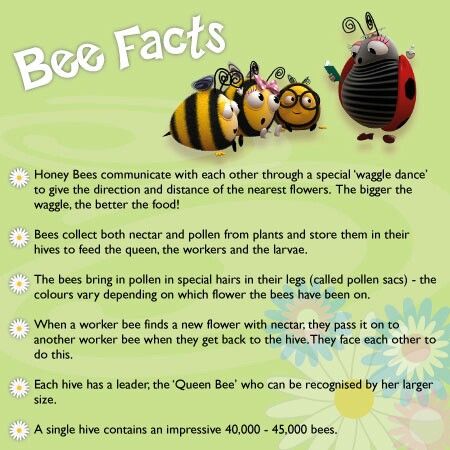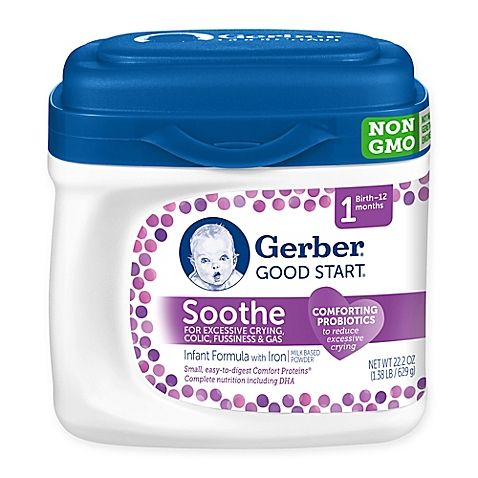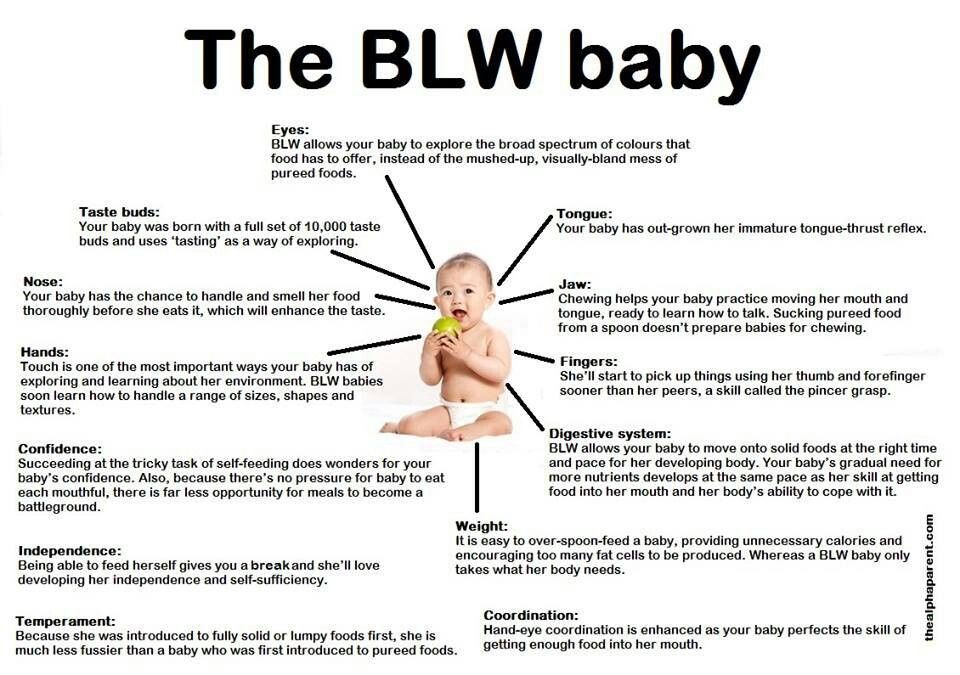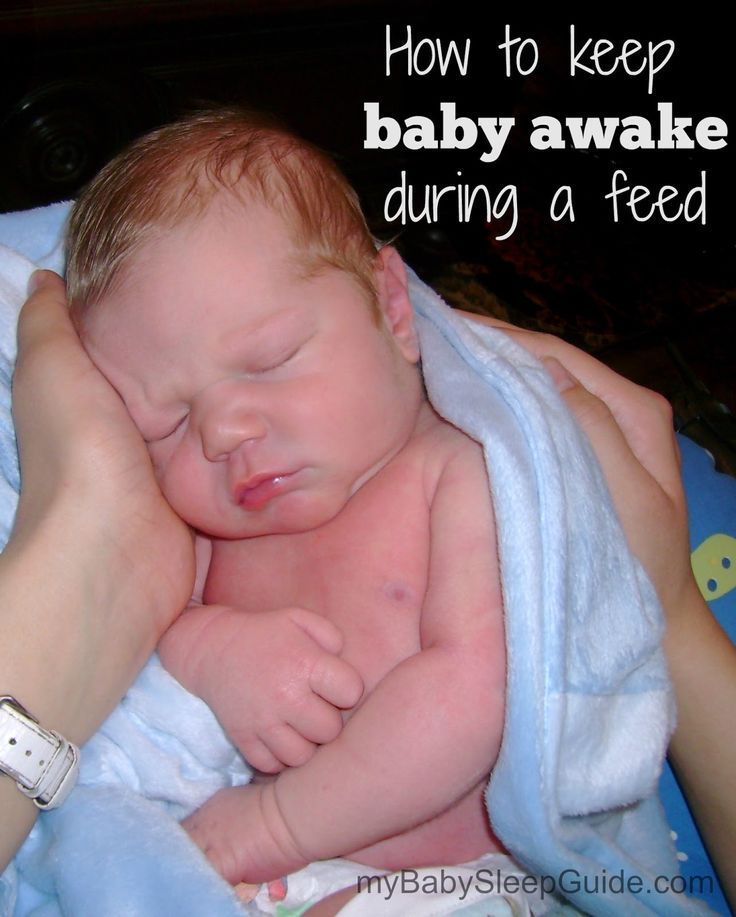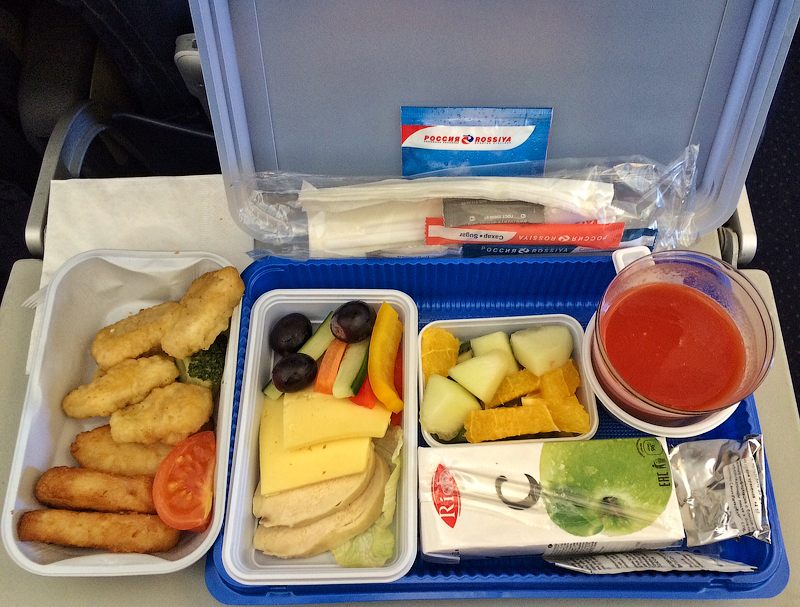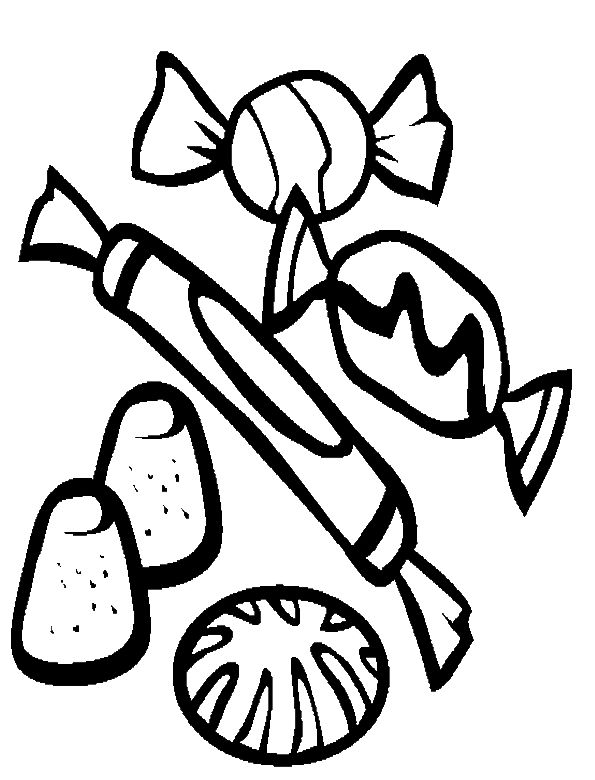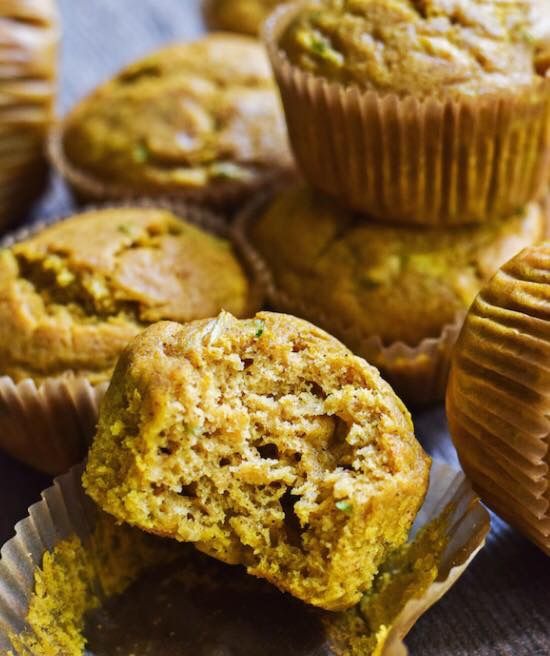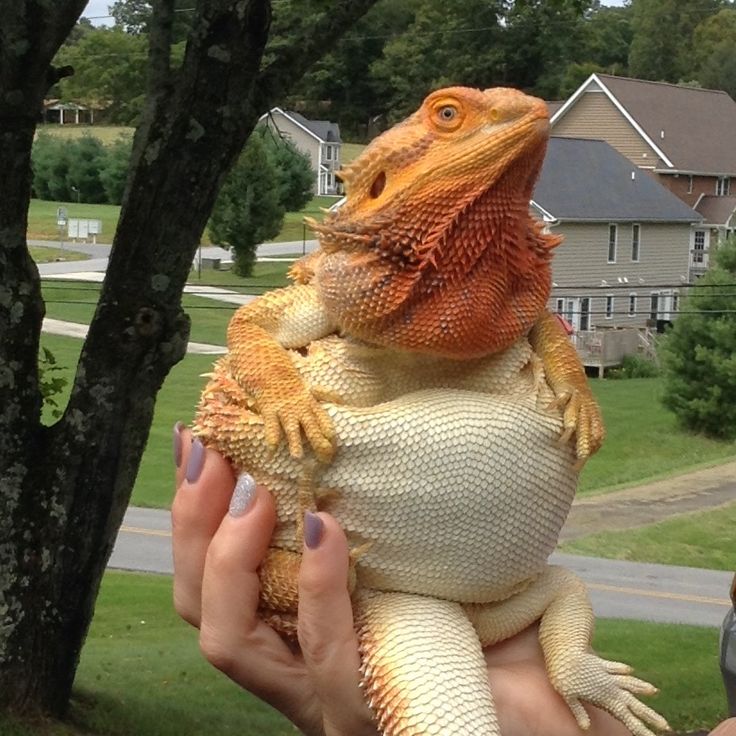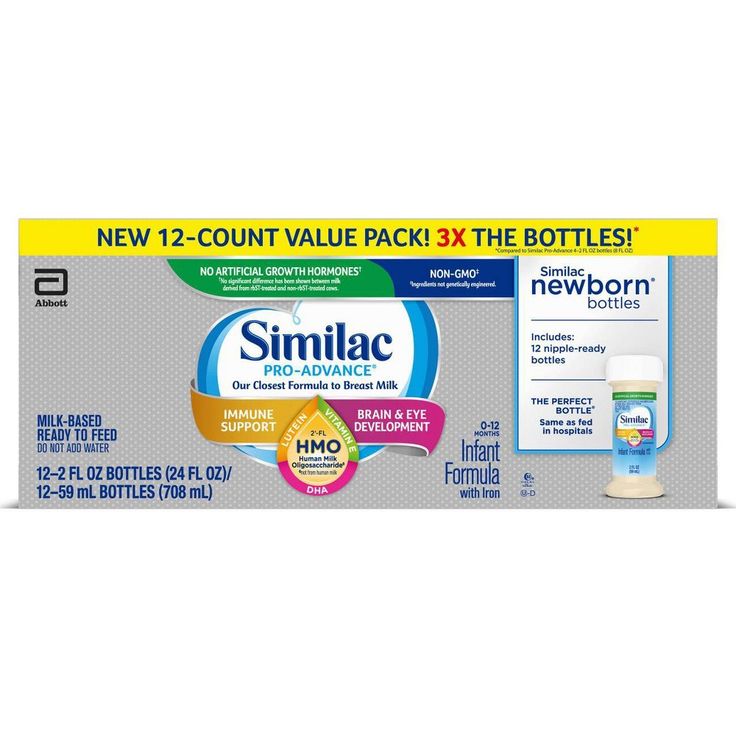When can you feed babies honey
Foods to avoid giving babies and young children
Salt
Babies should not eat much salt, as it's not good for their kidneys.
Do not add salt to your baby's food or cooking water, and do not use stock cubes or gravy, as they're often high in salt.
Remember this when you're cooking for the family if you plan to give the same food to your baby.
Avoid salty foods like:
- bacon
- sausages
- chips with added salt
- crackers
- crisps
- ready meals
- takeaways
Sugar
Your baby does not need sugar.
By avoiding sugary snacks and drinks (including fruit juice and other fruit drinks), you'll help prevent tooth decay.
Saturated fat
Do not give your child too many foods that are high in saturated fat, such as crisps, biscuits and cakes.
Checking the nutrition labels can help you choose foods that are lower in saturated fat.
See more on food labels.
Honey
Occasionally, honey contains bacteria that can produce toxins in a baby's intestines, leading to infant botulism, which is a very serious illness.
Do not give your child honey until they're over 1 year old. Honey is a sugar, so avoiding it will also help prevent tooth decay.
Whole nuts and peanuts
Whole nuts and peanuts should not be given to children under 5 years old, as they can choke on them.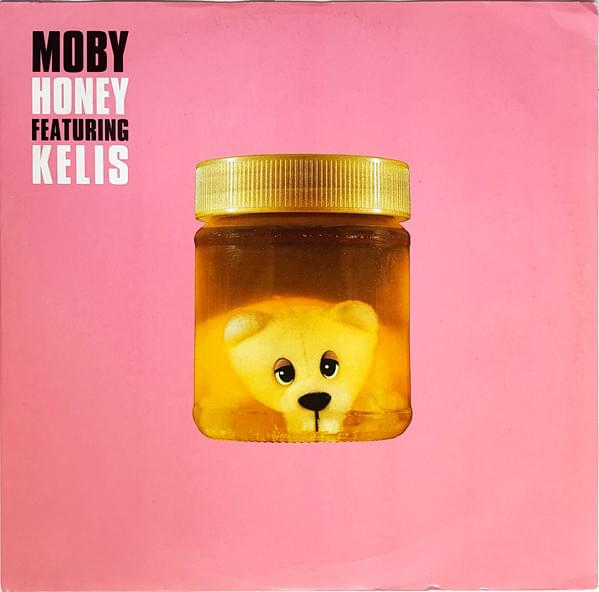
You can give your baby nuts and peanuts from around 6 months old, as long as they're crushed, ground or a smooth nut or peanut butter.
If there's a history of food allergies or other allergies in your family, talk to your GP or health visitor before introducing nuts and peanuts.
See more on food allergies in babies and young children.
Some cheeses
Cheese can form part of a healthy, balanced diet for babies and young children, and provides calcium, protein and vitamins.
Babies can eat pasteurised full-fat cheese from 6 months old. This includes hard cheeses, such as mild cheddar cheese, cottage cheese and cream cheese.
Babies and young children should not eat mould-ripened soft cheeses, such as brie or camembert, or ripened goats' milk cheese and soft blue-veined cheese, such as roquefort.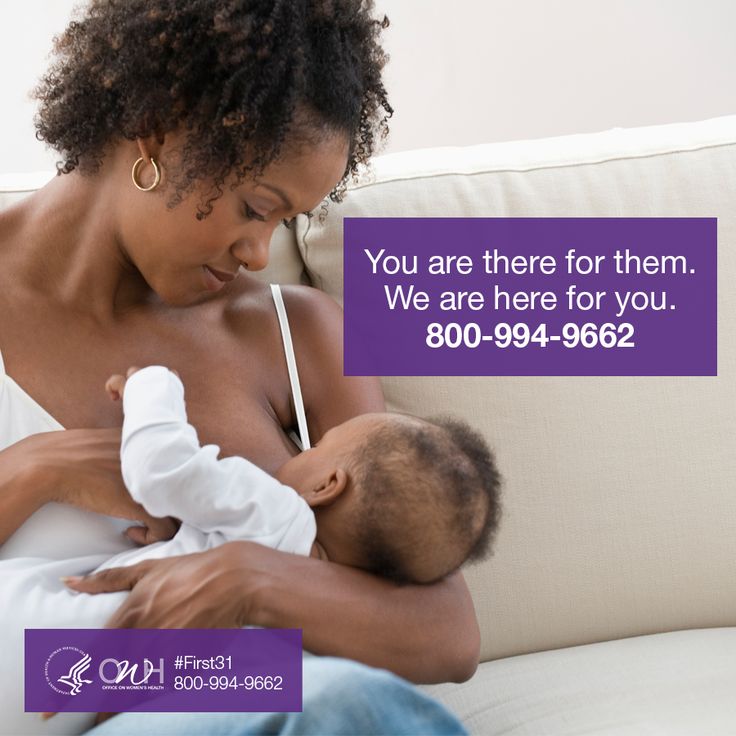 There's a higher risk that these cheeses might carry a bacteria called listeria.
There's a higher risk that these cheeses might carry a bacteria called listeria.
Many cheeses are made from unpasteurised milk. It's better to avoid these because of the risk of listeria.
You can check labels on cheeses to make sure they're made from pasteurised milk.
But these cheeses can be used as part of a cooked recipe as listeria is killed by cooking. Baked brie, for example, is a safer option.
Raw and lightly cooked eggs
Babies can have eggs from around 6 months.
If the eggs are hens' eggs and they have a red lion stamped on them, or you see a red lion with the words "British Lion Quality" on the box, it's fine for your baby to have them raw (for example, in homemade mayonnaise) or lightly cooked.
Hens' eggs that do not have the red lion mark should be cooked until both the white and yolk are solid.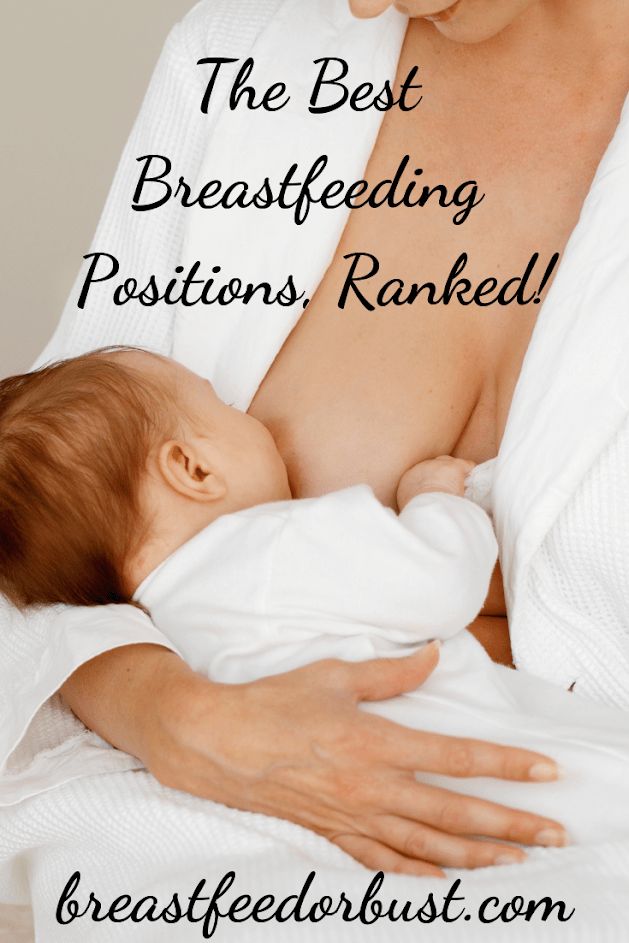 So should duck, goose or quail eggs.
So should duck, goose or quail eggs.
Avoid raw eggs, including uncooked cake mixture, homemade ice creams, homemade mayonnaise, or desserts that contain uncooked egg that you cannot confirm are red lion stamped.
Rice drinks
Children under 5 years old should not have rice drinks as a substitute for breast milk or infant formula (or cows' milk after 1 year old) as they may contain too much arsenic.
Arsenic is found naturally in the environment and can find its way into our food and water.
Rice tends to take up more arsenic than other grains, but this does not mean that you or your baby cannot eat rice.
In the UK, there are maximum levels of inorganic arsenic allowed in rice and rice products, and even stricter levels are set for foods intended for young children.
Do not worry if your child has already had rice drinks.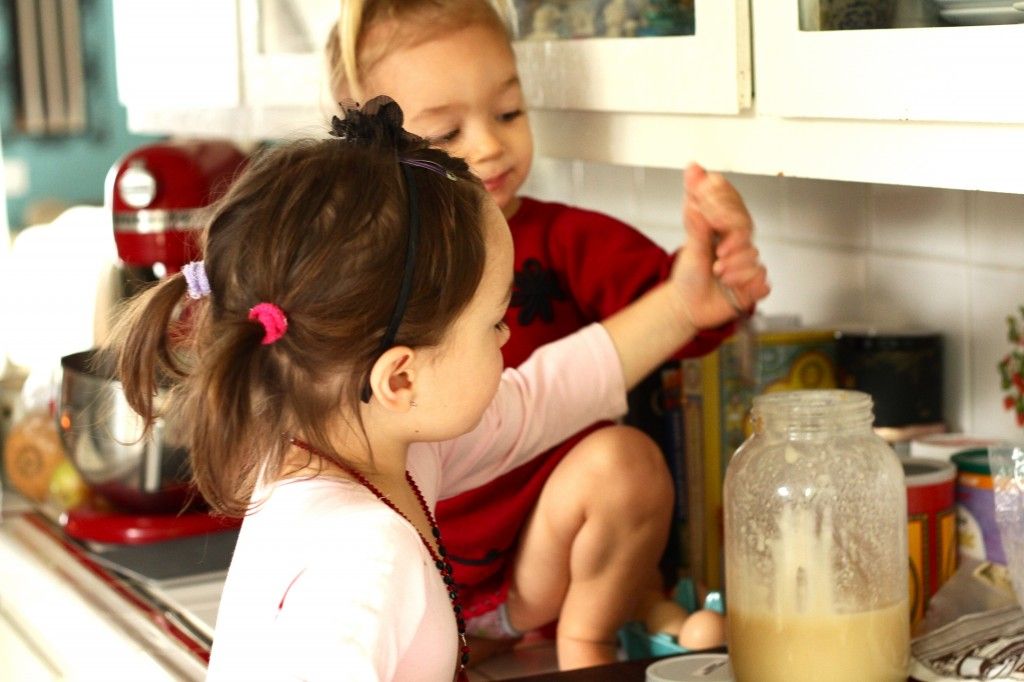 There's no immediate risk to them, but it's best to switch to a different kind of milk.
There's no immediate risk to them, but it's best to switch to a different kind of milk.
Raw jelly cubes
Raw jelly cubes can be a choking hazard for babies and young children.
If you're making jelly from raw jelly cubes, make sure you always follow the manufacturers' instructions.
Raw shellfish
Raw or lightly cooked shellfish, such as mussels, clams and oysters, can increase the risk of food poisoning, so it's best not to give it to babies.
Shark, swordfish and marlin
Do not give your baby shark, swordfish or marlin. The amount of mercury in these fish can affect the development of a baby's nervous system.
Further information
For more information and advice about babies and food, see:
- food allergies in babies and young children
- your baby's first solid foods
- baby and toddler meal ideas
When Can Babies Eat Honey? Risks, Benefits, and Tips
When Can Babies Eat Honey? Risks, Benefits, and TipsMedically reviewed by Karen Gill, M.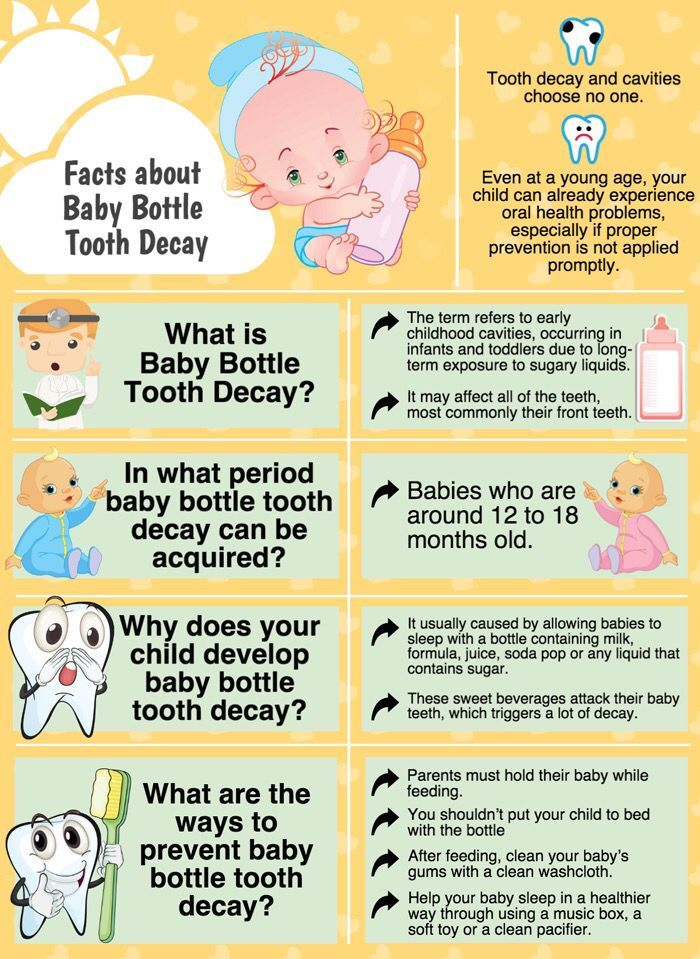 D. — By Ashley Marcin on April 4, 2018
D. — By Ashley Marcin on April 4, 2018
Overview
Exposing your baby to a variety of new foods and textures is one of the most exciting parts of the first year. Honey is sweet and mild, so parents and caregivers may think it’s a good choice as a spread on toast or a natural way to sweeten other items. However, experts recommend waiting until after your baby’s first birthday to introduce honey into their diet. This includes mass-produced honey, raw and unpasteurized honey, and local honey. This food rule also applies to all foods and baked goods containing honey.
Read on to learn more about introducing honey to your baby, including risks, benefits, and how to introduce it.
Risks
The primary risk of introducing honey too soon is infant botulism. Babies under 6 months of age are at the highest risk. While this condition is rare, most of the cases reported are diagnosed in the United States.
A baby can get botulism by eating Clostridium botulinum spores found in soil, honey, and honey products.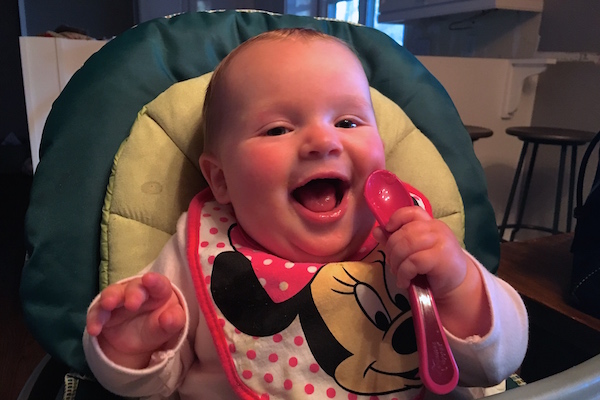 These spores turn into bacteria in the bowels and produce harmful neurotoxins in the body.
These spores turn into bacteria in the bowels and produce harmful neurotoxins in the body.
Botulism is a serious condition. Some 70 percent of babies who get botulism may require mechanical ventilation for an average of 23 days. The average hospital stay for botulism is around 44 days. There may be many small improvements followed by setbacks. Most babies recover with treatment. The fatality rate is less than 2 percent.
Other liquid sweeteners, like molasses and corn syrup, may also carry a risk for botulism. Maple syrup is generally considered safe because it comes from inside a tree and cannot be contaminated by soil. Still, some doctors do not recommend giving babies sweeteners until after their first birthday. It’s best to check with your pediatrician before offering sweeteners as part of your child’s diet.
Botulism symptoms
The most common symptoms of botulism include:
- weakness, floppiness
- poor feeding
- constipation
- lethargy
Your baby may also be irritable, have trouble breathing, or have a weak cry. A few babies may also experience seizures.
A few babies may also experience seizures.
Symptoms typically show up within 12 to 36 hours of eating contaminated foods and often begin with constipation. However, some infants with botulism may not show signs until 14 days after exposure.
Some of the symptoms of botulism, like lethargy and irritability, may lead to an incorrect diagnosis of other conditions, like sepsis or meningoencephalitis, so it’s important to let your baby’s doctor know if they’ve eaten honey. Getting a proper diagnosis will ensure your baby gets the appropriate treatment.
If your baby has any symptoms of botulism and has recently consumed honey, you should treat it as an emergency. Head to your local emergency room as soon as possible.
Benefits of honey
Honey has been suggested to have a number of nutritional benefits that your baby can enjoy after they reach 12 months in age. Honey contains trace amounts of:
- enzymes
- amino acids
- minerals
- antioxidants
It also contains modest amounts of B vitamins and vitamin C. The nutritional value in your honey depends on the sources, as there are over 320 varieties.
The nutritional value in your honey depends on the sources, as there are over 320 varieties.
Honey is also sweeter than standard sugar. That means you can use far less of it than you would sugar and still get great flavor.
Other possible benefits include:
- It may act as a cough suppressant, but shouldn’t be used in children under 12 months of age.
- It may help with wound healing when applied topically. Again, this method should not be used in children younger than 12 months because botulism can enter the body through broken skin.
If you’re looking to get the nutritional benefits of honey, it may be best to stick with varieties that are not processed. Even then, you’d need to eat quite a bit to truly get nutritional value. In fact, a tablespoon of honey doesn’t provide your body with much benefit beyond added calories. So, this ingredient is best when used sparingly. Also, read your labels carefully, as some regular varieties may contain added sugars and other ingredients.
Is raw honey better than other types of honey?
Raw honey is honey that hasn’t been filtered or processed in any way. It comes directly out of the beehive and contains all the natural vitamins, minerals, and other healthy compounds found in filtered and processed honey. Raw honey may contain a slightly higher pollen count, so if you’re using honey to try to relieve seasonal allergies, raw honey may provide more benefits.
Raw honey can still cause botulism when consumed by babies under 1 year. Raw honey may also be more expensive than filtered or processed honey.
How to introduce honey
As with all added sweeteners, you don’t need to be in a hurry to give honey to your baby. If you want to introduce honey, incorporating it may be as simple as adding a bit to their favorite foods. As with any new food, it’s a good idea to introduce honey slowly. One method is the “four-day wait” approach to see if your little one has a reaction. To use this method, give your child (if they’re older than 1 year) honey, and then wait four days before adding it in another totally new food. If you see a reaction, contact your pediatrician.
If you see a reaction, contact your pediatrician.
To add honey to your baby’s diet, try any of the following:
- Mix honey into oatmeal.
- Spread honey onto toast.
- Mix honey into yogurt.
- Squeeze honey into a homemade smoothie.
- Use honey instead of maple syrup on waffles or pancakes.
If your child is too young to try honey, consult with your pediatrician. You may try using maple syrup as a substitute in recipes. Agave nectar is another option that is similar to honey without the risk of infant botulism.
Baking substitution
You can also swap honey for sugar in your favorite baking recipes. For every 1 cup of sugar called for in a recipe, substitute in 1/2 to 2/3 cups of honey. How much you use is up to you. Honey tends to taste sweeter than sugar, so you may want to start with less and add more to taste. Here are some other tips for substituting honey for sugar:
- For every 1 cup of honey you’re using in a recipe, reduce the other liquids by 1/4 cup.
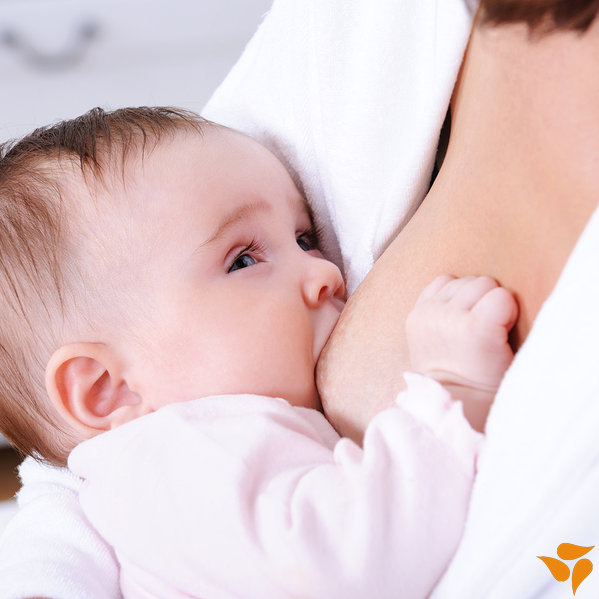
- Add a 1/4 teaspoon of baking soda for each cup of honey to help reduce acidity.
- Consider reducing your oven temperature by about 25°F and keep a close eye for browning.
What about breastfeeding?
Infant botulism cannot be transmitted through breast milk. If your baby does contract botulism, experts recommend continuing to nurse or providing expressed breast milk while your baby is sick.
Takeaway
Honey can be a nice addition to your baby’s diet, but it’s important to wait until after 12 months of age. Foods to avoid include liquid honey, whether mass produced or raw, and any baked or processed foods containing honey. Read labels carefully to see if processed foods contain honey.
If you have additional questions about infant feeding and when to introduce certain foods, contact your pediatrician. Recommendations may change from year to year, and your child’s doctor should have the most up-to-date information.
Last medically reviewed on April 4, 2018
- Parenthood
- Baby
- 06 Months 1 Year
How we vetted this article:
Healthline has strict sourcing guidelines and relies on peer-reviewed studies, academic research institutions, and medical associations.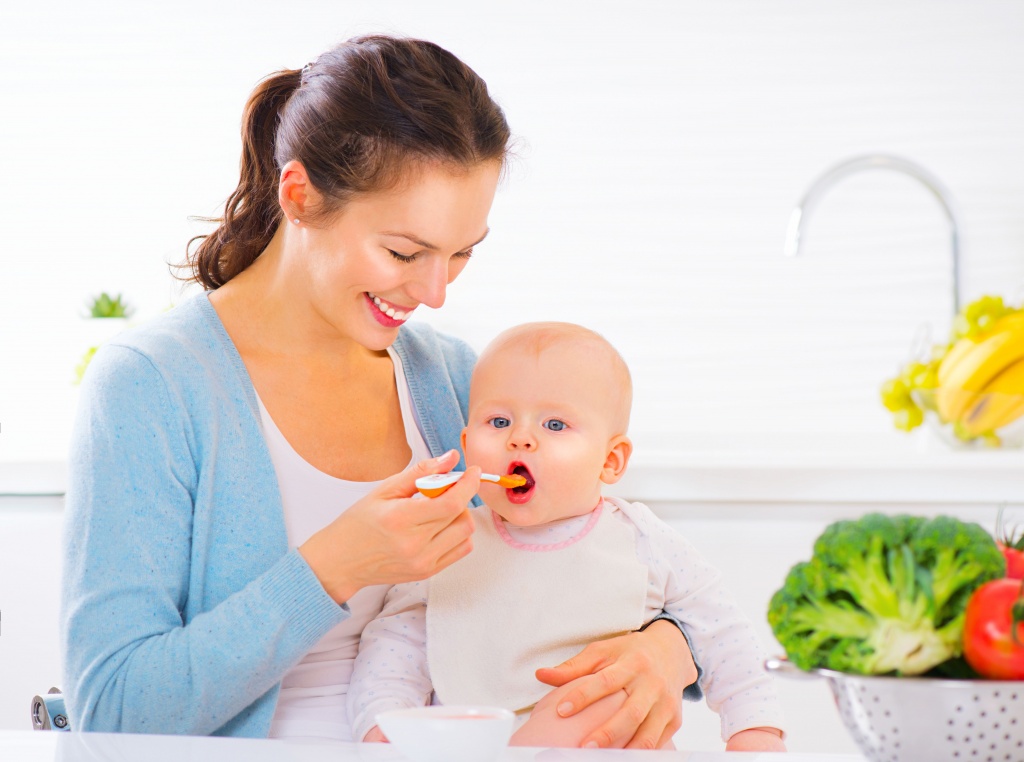 We avoid using tertiary references. You can learn more about how we ensure our content is accurate and current by reading our editorial policy.
We avoid using tertiary references. You can learn more about how we ensure our content is accurate and current by reading our editorial policy.
- Abassi J. (2014). Placebo better than watchful waiting when treating young children’s coughs.
news.psu.edu/story/332029/2014/10/27/research/placebo-better-watchful-waiting-when-treating-young-childrens - Beals K, et al. (2013). Effects of processing on the pollen and nutrient content of honey. DOI:
10.1096/fasebj.27.1_supplement.859.7 - Cox N, et al. (2002). Infant botulism.
aafp.org/afp/2002/0401/p1388.html - Da Silva PM, et al. (2016,). Honey: Chemical composition, stability, and authenticity [Abstract]. DOI:
10.1016/j.foodchem.2015.09.051 - Frequently asked questions (FAQs) about infant botulism. (2010).
infantbotulism.org/general/faq.php - HealthyChildren.org. (2015). Botulism.
healthychildren.org/English/health-issues/conditions/infections/Pages/Botulism.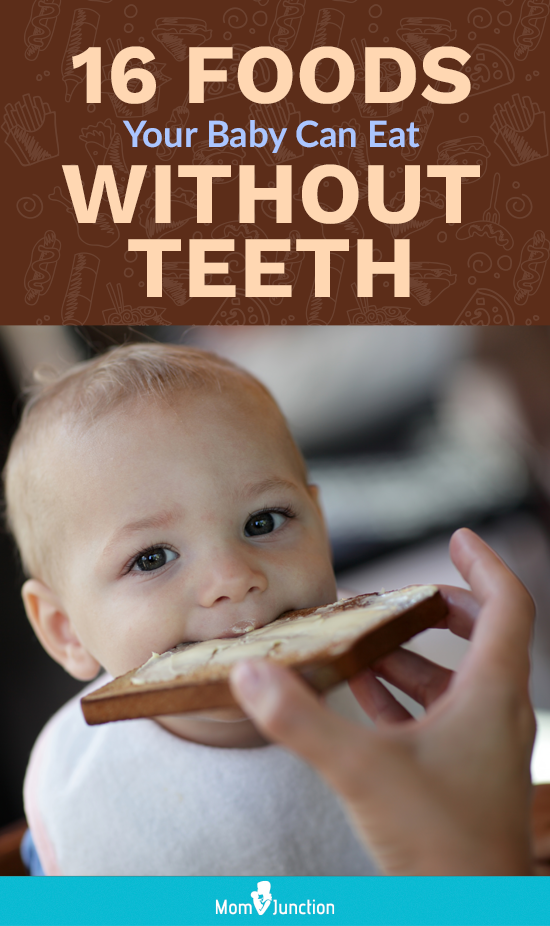 aspx
aspx - Mayo Clinic Staff. (2017). Honey.
mayoclinic.org/drugs-supplements-honey/art-20363819 - New York State Department of Health. (2011). Botulism (foodborne botulism and infant botulism).
health.ny.gov/diseases/communicable/botulism/fact_sheet.htm - Wellness Team. (2013). Sweeteners: Get the scoop. How best to satisfy your sweet tooth?
health.clevelandclinic.org/the-scoop-on-sweeteners/
Our experts continually monitor the health and wellness space, and we update our articles when new information becomes available.
Current Version
Apr 4, 2018
By
Ashley Marcin
Edited By
Nizam Khan (TechSpace)
Medically Reviewed By
Karen Richardson Gill, MD
Share this article
Medically reviewed by Karen Gill, M.D. — By Ashley Marcin on April 4, 2018
related stories
Is It Safe for Babies to Eat Eggs?
When Can Babies Eat Cheese?
When Can Babies Eat Beans?
When Can Babies Have Peanut Butter?
When Do Babies Start Eating Baby Food?
Read this next
Is It Safe for Babies to Eat Eggs?
Medically reviewed by Karen Gill, M.
 D.
D.You may have heard that you should wait to feed a baby eggs until their first birthday, but is this true? Learn when it’s safe for babies to eat eggs…
READ MORE
When Can Babies Eat Cheese?
Medically reviewed by Jillian Kubala, MS, RD
Your baby can eat cheese made from pasteurized milk shortly after it's safe to introduce solids. Here are some benefits — and risks — to know about.
READ MORE
When Can Babies Eat Beans?
This article looks at the potential health benefits of beans for babies — and how and when to safely add them into your little one’s increasingly…
READ MORE
When Can Babies Have Peanut Butter?
Medically reviewed by Karen Gill, M.D.
When babies eat peanut butter for the first time, parents need to watch out for symptoms of an allergic reaction.
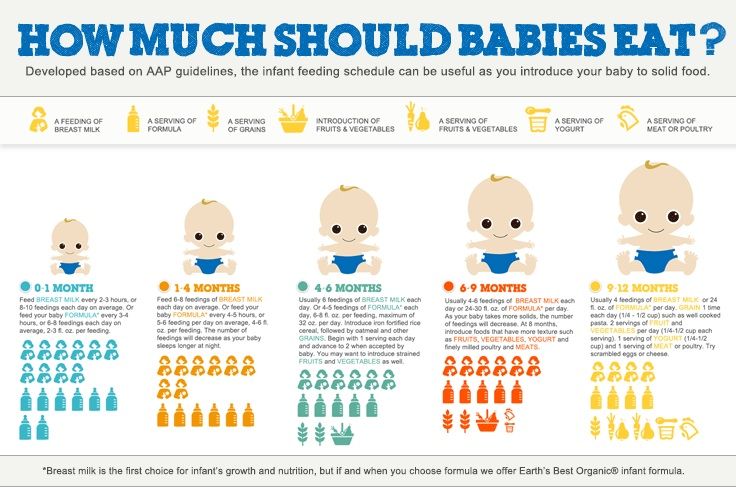 Here’s what else you need to know.
Here’s what else you need to know.READ MORE
When Do Babies Start Eating Baby Food?
Medically reviewed by Karen Gill, M.D.
As your little one grows you'll want to know when to start adding new foods to their diet. Learn more about when to introduce solids, how to choose…
READ MORE
What Is Baby-Led Weaning? Everything You Need to Know
By Alina Petre, MS, RD (NL)
Baby-led weaning introduces your child to their first foods without relying on spoon feeding. This article reviews baby-led weaning, including its…
READ MORE
The 10 Cutest Smash Cake RecipesREAD MORE
The Best Baby Booties to Keep Those Tootsies Warm
Medically reviewed by Mia Armstrong, MD
For growing babies, the best baby booties mix style, function, and warmth.
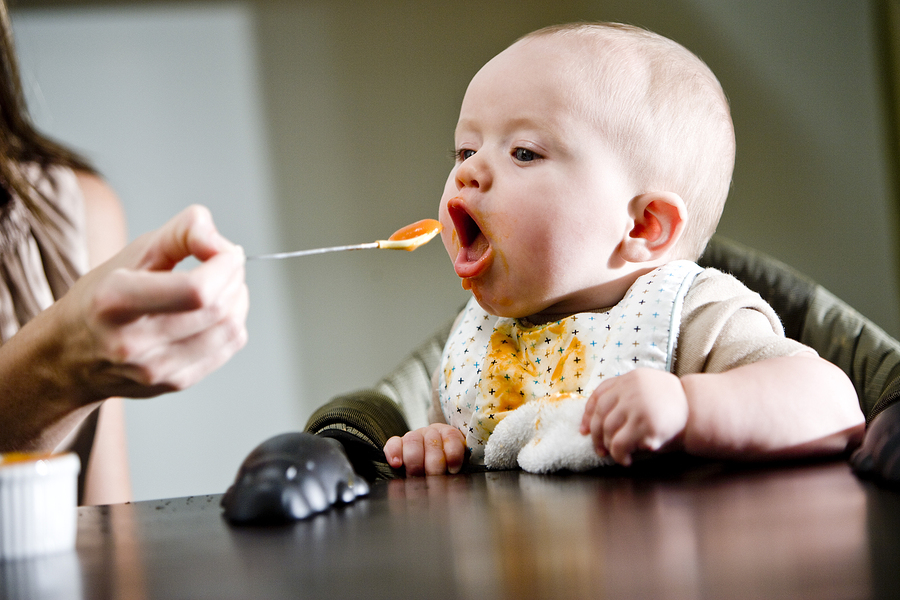 Here are our favorites in 11 categories.
Here are our favorites in 11 categories.READ MORE
10 Mini Crib Mattresses and Top Shopping Tips
Medically reviewed by Carissa Stephens, R.N., CCRN, CPN
The best mini crib mattress is firm enough to fit snugly in a crib and keep your little one comfortable.
READ MORE
Do You Need to Worry When Your Baby Has an Ear Infection?
Medically reviewed by Karen Gill, M.D.
Ear infection in a baby is swelling of the middle ear caused by bacteria or viruses in fluids that collect behind the eardrum. Here's how to know when…
READ MORE
Is it possible to give honey to children? From what age? Benefits and contraindications.
It is known that very young Zeus was fed with the milk of the divine goat and honey nectar. Is honey suitable for today's little sweet tooth? Will he give them strength and health, like the supreme Greek deity?
At what age can honey be given to children? age dosages.
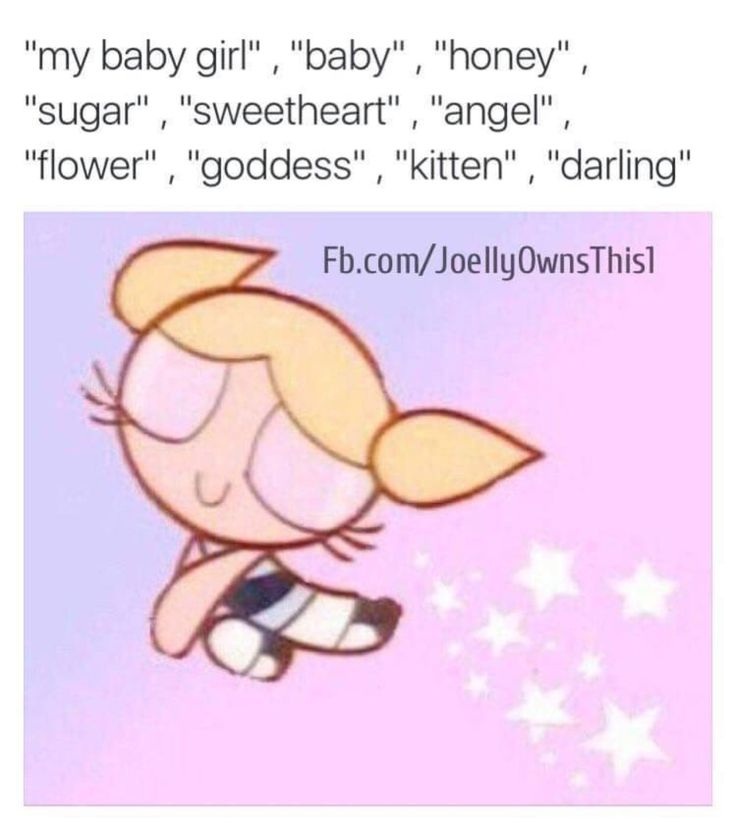
Honey is an amazing product in terms of its taste qualities and invaluable in terms of its medicinal properties. No wonder so many parents want to give it to their kids. Answering the question whether it is possible to give honey to children for food, let's say - it is possible, but carefully!
Most doctors are inclined to believe that it is better to introduce honey into a child's diet after he is 1 year old. The delicacy is classified as a highly allergenic product, and up to a year the immune system of the baby has not yet been formed.
Doctors' opinions about the first intake of honey in a child's food vary somewhat. Some say that it should be introduced from 1.5-2 years, others - only after 3-6 years. Dr. Komarovsky believes that if a child has no signs of allergy, and his parents tolerate bee products without consequences, then with a high degree of probability honey will be well absorbed by the baby.
In any case, a small test is recommended before the first dose.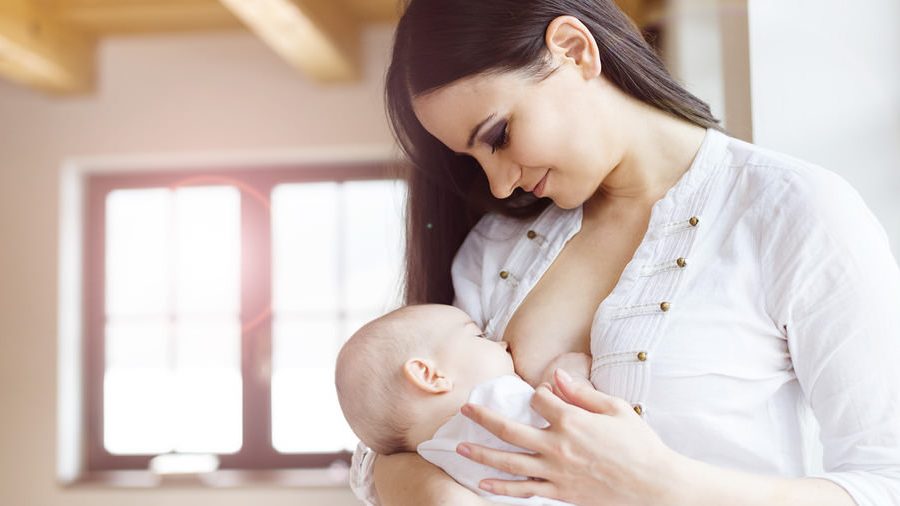 Spread a small amount of honey on the inside of the baby's wrist. If within 1 day itching does not begin at this place and redness does not appear, then you can give a few drops of a sweet treat. After making sure that the child does not have allergies, parents can increase the dosage of honey up to 30 grams (1 tablespoon) per day. It is advisable to eat this amount not at one time, but in portions.
Spread a small amount of honey on the inside of the baby's wrist. If within 1 day itching does not begin at this place and redness does not appear, then you can give a few drops of a sweet treat. After making sure that the child does not have allergies, parents can increase the dosage of honey up to 30 grams (1 tablespoon) per day. It is advisable to eat this amount not at one time, but in portions.
Schoolchildren from 6 to 9 years old are recommended to take honey for food, in the absence of contraindications. To improve health and immunity, you can give 50 g (1.5 tablespoons) of honey per day in several doses.
Adolescents from 9 to 15 years old can already consume an almost adult dose - up to 80 g of honey per day (3 tablespoons).
Which honey is suitable for a child and how to give it?
Give liquid honey to children. Honey in combs is not entirely suitable for baby food, although it is considered more useful.
Dilute honey in warm tea or milk, add to cottage cheese, compote, juice or jelly.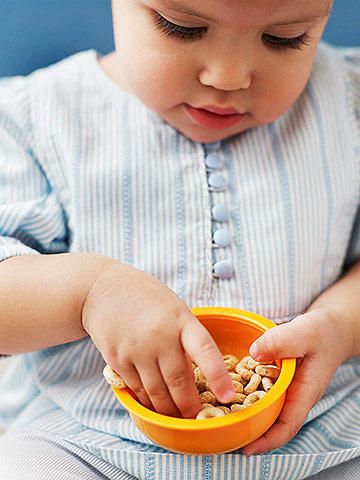 There are also many recipes for making treats based on honey or with its addition.
There are also many recipes for making treats based on honey or with its addition.
You should know that honey diluted in a liquid with a temperature above 45C loses its beneficial properties!
And most importantly, never force a child to eat honey. With good intentions, you can easily cause disgust for this tasty and healthy gift of nature for life. To interest the baby, you can come up with a fascinating story about how bees make honey.
What are the benefits of honey for children?
Benefits of honey for children are confirmed by scientific research and the experience of many parents. Let's highlight the main one.
- Development. Honey helps the active development of the child.
- Strengthening the immune system. Carotene and ascorbic acid contained in honey help fight infections and get sick less often.
- Strengthening bones and teeth. Thanks to honey, a growing body absorbs magnesium and calcium better and receives prophylaxis against scoliosis.
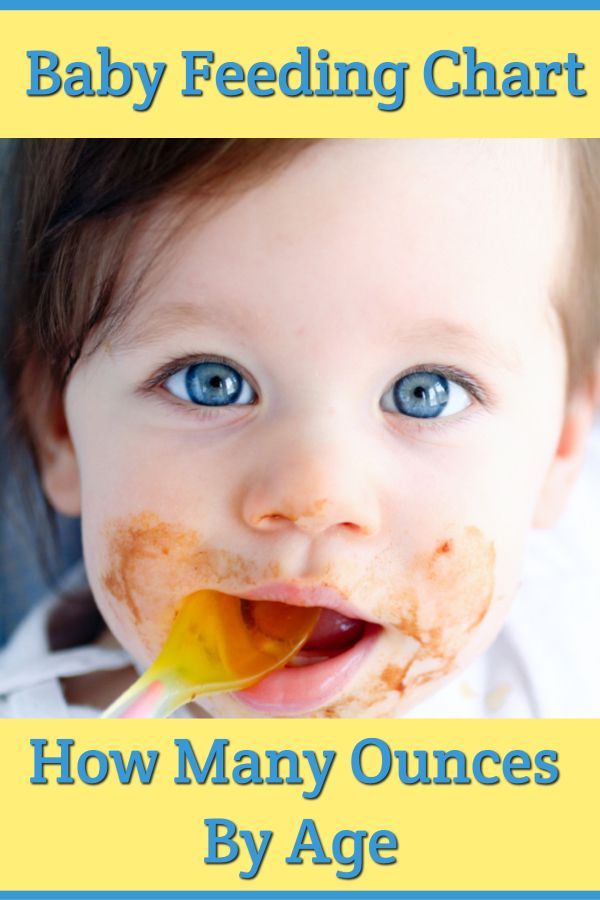 Honey does not destroy tooth enamel. However, due to the fructose content, the child should be taught to rinse his mouth after eating it.
Honey does not destroy tooth enamel. However, due to the fructose content, the child should be taught to rinse his mouth after eating it. - Anti-inflammatory effect. Honey is useful for inflammatory diseases of the respiratory system, digestion, kidneys and biliary tract.
- Treatment of diseases of the lungs and upper respiratory tract. Honey is able to ease coughing attacks and promote recovery from bronchitis, tracheitis, laryngitis, whooping cough, pneumonia, etc.
- Antipyretic effect. Honey has strong diaphoretic properties, so it is given to children at elevated body temperature.
- Improvement of blood composition. Honey contributes to the fastest recovery from anemia. The level of hemoglobin in the child's blood rises.
- Improved digestion. Honey stimulates the active digestion of proteins and fats. They do not linger in the intestines and do not form putrefactive processes.
- Vision improvement. Carotene, ascorbic acid and thiamine increase visual acuity and prevent wearing glasses in the future.

- Treatment of the genitourinary system. Honey helps in the treatment of urinary incontinence in children.
- Sedative. Honey has a relaxing effect on the nervous system. Children fall asleep faster, they have a healthy full sleep.
- Antifungal effect. Honey is effective in children's candidiasis in the mouth and in angina on the background of a fungal infection.
Traditional medicine offers many healing recipes for children based on honey, milk, oats, lemon, aloe, mustard, ginger, nuts, radish, herbs, etc. With the use of honey, children's massage is done and various compresses are prepared. But remember, it is impossible to cure severe diseases with the use of honey alone. In such cases, it will not replace medication and can only be used as an additional remedy.
Contraindications for honey
Contraindications for taking honey exist and require attention.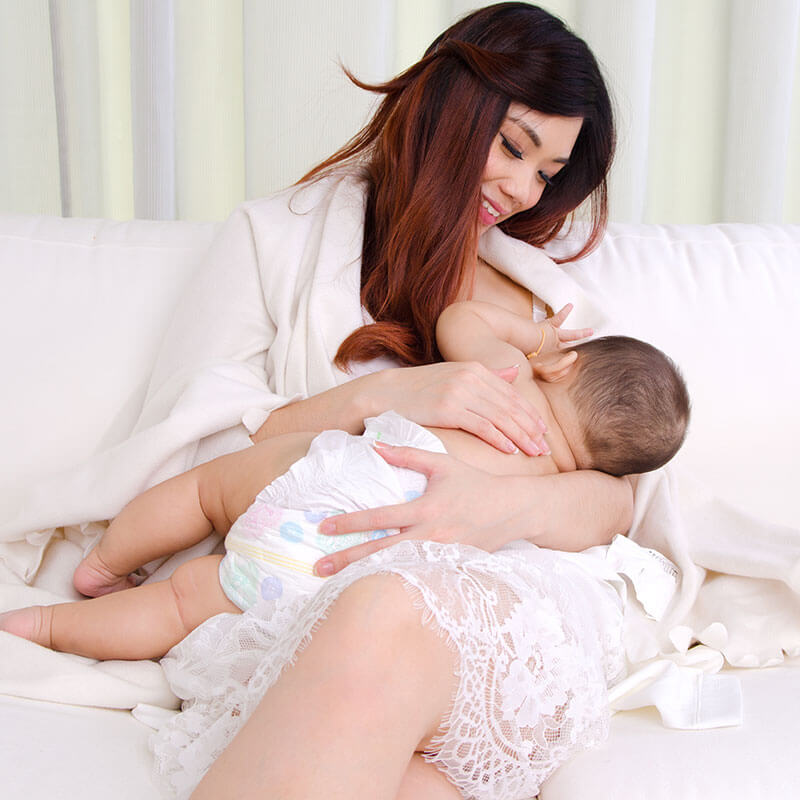 If a child is prone to allergies, with a diagnosis of exudative diathesis, individual intolerance to the components of the product, diabetes mellitus, scrofula and obesity, it is better to coordinate the use of honey with the attending pediatrician.
If a child is prone to allergies, with a diagnosis of exudative diathesis, individual intolerance to the components of the product, diabetes mellitus, scrofula and obesity, it is better to coordinate the use of honey with the attending pediatrician.
What else to read about honey
How to store honey?
Share the article:
Honey for a child: from what age can it be given?
Many parents sooner or later think about the age at which they can give honey to their child. Below you will find all the necessary information about this, as well as whether it is possible to put compresses from this product.
Who can and who can't?
This is one of the most useful products. It strengthens the immune system and helps cure colds, so it's no surprise that many parents want to feed it to their babies. But honey is contraindicated even for some adults. Therefore, it is necessary to make sure that it is safe for children before feeding them with honey.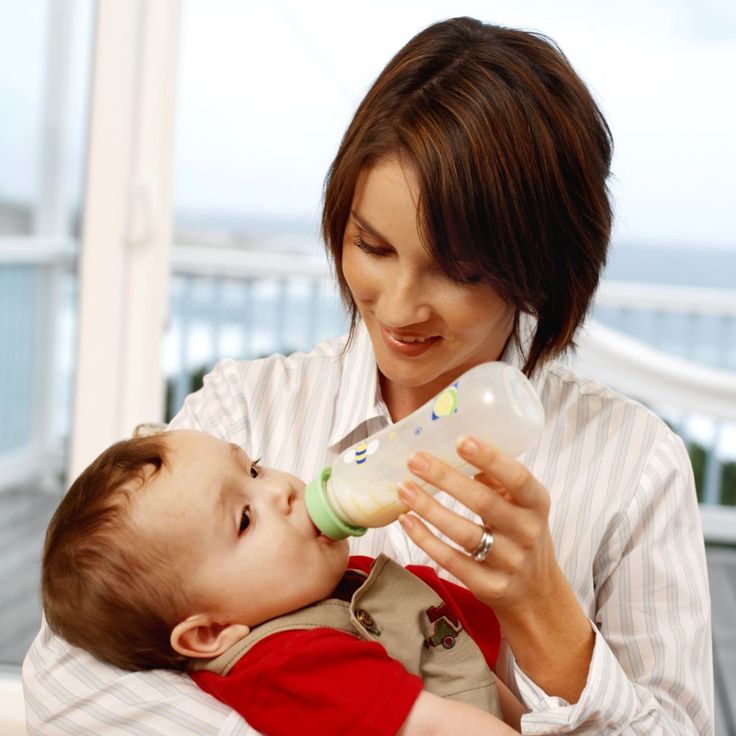
Can I breastfeed?
Most doctors are categorically against giving honey to a nursing baby. And the reason lies in its composition. This product contains a certain number of bacterial spores, which the bees collect from the nectar. These bacteria cause botulism and their spores cannot be removed or extracted from honey in any way.
These bacteria cannot develop in an adult, as his digestive system is able to suppress them. But the baby has an insufficient level of acidity. Therefore, bacteria can actively develop in the intestine, contributing to the formation of toxins. The latter cause severe food poisoning, which is called botulism.
Breast milk is the best food for babies. After all, it contains all the substances necessary for development and growth. Some parents give honey to their children from the moment they are born and they claim that no negative effects have ever occurred. Indeed, exceptions do happen. But it’s still not worth taking risks by giving this product to the baby and hoping for luck at the same time.
Can a one year old child?
Many doctors do not recommend giving honey to those who have not yet reached 18 months, and certainly not to those who are not yet one year old. And the main reason is the same as for babies - botulism. If you still decide to introduce this beekeeping product into the diet of a baby who is not more than 1 year old, then be sure to consult a doctor.
If you didn't go to the pediatrician and made the decision to give this product to a 1-year-old baby on your own, then carefully monitor his health. If, after taking it, constipation appears, appetite worsens, general weakness occurs, then immediately consult a doctor. These are symptoms of botulism, in which health can deteriorate significantly. Therefore, do not hesitate to visit the doctor!
At what age can the product be started?
Many parents are puzzled by the question of how old you can feed babies with honey. Some doctors argue that bee products can be fed to those who are 2 years old. But still, most pediatricians advise giving honey to children who are at least 3 years old.
But still, most pediatricians advise giving honey to children who are at least 3 years old.
At the same time, it is necessary not only to know how old to feed honey, but also to follow several important rules. Firstly, this product is undesirable to give in a diluted form. Give no more than 1-2 teaspoons per day, mixing with warm drinks or porridge. Secondly, it must be of high quality.
Thirdly, watch your baby's reaction. Don't force him to eat honey if he doesn't want to. If skin rashes or digestive upsets occur after taking, then stop taking it to avoid allergies.
Some doctors suggest that the ideal age for the introduction of honey into the diet is from 6 to 9 years, unless, of course, the child has allergies and other contraindications to taking it. You can eat about 3 tbsp. l. honey per day, but it is necessary to stretch this amount over several doses. Children who have reached the age of 9 can be given an almost adult dose of 5 tbsp.